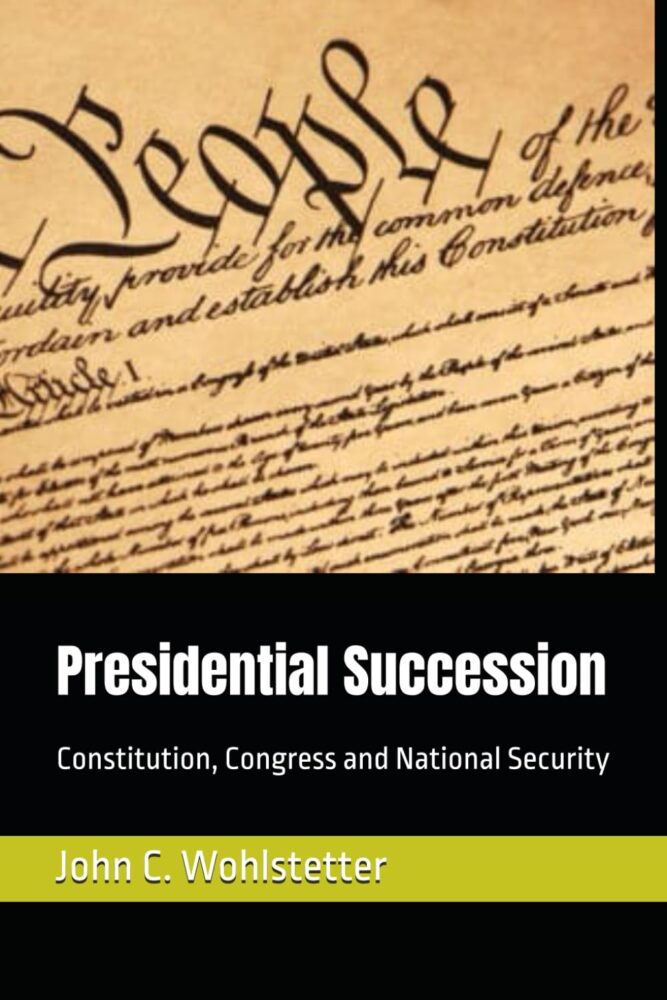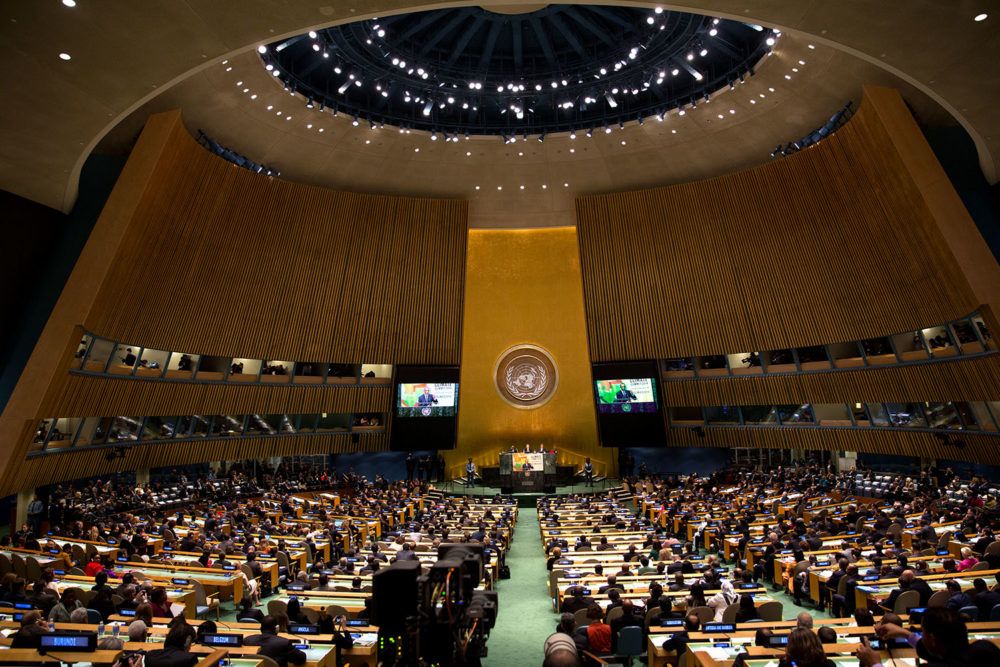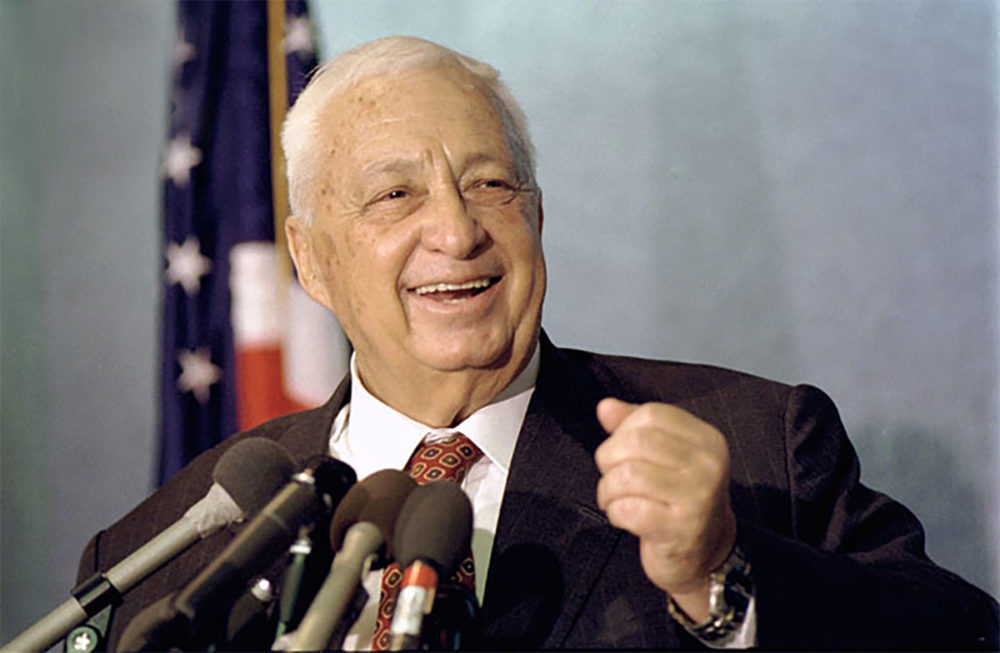John C. Wohlstetter is a senior fellow for technology and society at Discovery Institute (beg. 2001), and the Albert & Roberta Wohlstetter senior fellow for national security at the Gold Institute for International Strategy (beg. 2021). His primary areas of expertise are national security and foreign policy, and the 25th Amendment to the U.S. Constitution. He is author of Presidential Succession: Constitution, Congress and National Security (rev. ed. 2024), which, in addition to covering Constitutional and statutory provisions applicable to presidential succession, addresses problems pertaining to presidential protection, and presidential succession issues raised by mass casualty events. His prior books are Sleepwalking With The Bomb (2nd ed., 2014), which traced the history of nuclear weapon development from genesis to the present; and The Long War Ahead and the Short War Upon Us: Imperfect Civilization, Perfect Barbarism and WMD Terror (2008), which addressed the long-term challenges posed by the post-9/11 war against jihadist Islamism, and the shorter-term challenge of Iran’s quest for a deliverable nuclear weapon capability.
He was founder and editor of the issues blog Letter From The Capitol (2005-2015). His articles have been published by The American Spectator, National Review Online, Wall Street Journal, Human Events, Daily Caller, PJ Media, Washington Times and others. He gave over 1,000 radio interviews (2008-2015), many on nationwide programs, and guest-hosted the August 14, 2013 Dennis Miller Show. He was the subject of a cover story in the May 2022 edition of the subscription newspaper Charleston Mercury: A Talk with John Wohlstetter: Nuclear Threat, Beethoven and N.Y. Pizza.
He worked on the international securities arbitrage trading desks at Goldman Sachs (1969-73) & Drexel Burnham Lambert (1973-74). As an attorney for Contel Corp. (1978-91), he practiced corporate and communications law, then turned to strategic assessment, a task he continued at GTE Corp. (1991-2000) & Verizon, retiring in 2000. During his tenure at Contel he served as senior adviser to The Committee on Review of Switching, Synchronization and Network Control in National Security Telecommunications (1986-1989), created by the National Research Council, operating arm of the National Academy of Sciences. He was the principal draftsman of the Committee’s final report, and sole author of the chapter on applicable government regulation: Growing Vulnerability of the Public Switched Networks: Implications for National Security Emergency Preparedness (1989).
He holds degrees from the University of Miami (B.B.A., 1969, Finance major, Art History minor); Fordham University School of Law (J.D., 1977); and The George Washington University (M.A., Public Policy/Telecommunications, 1985).
He is a National Trustee of the National Symphony Orchestra (beg. 2014), and before that served on the NSO Board (1992-2014). He serves on the Board of Directors of the Billy Rose Foundation (beg. 1996). He formerly served as a trustee of MyFace (1980-2016), a group that raises funds for the Institute of Reconstructive Plastic Surgery, at Langone New York University Hospital; the Boards of the Washington Bach Consort (2002-2018); the Hudson Institute (2000-2012), the Harbor League (2009-2012); and London Center for Policy Research (2013-2018), where he was a senior fellow. He is an amateur concert pianist, residing in Charleston, South Carolina.











